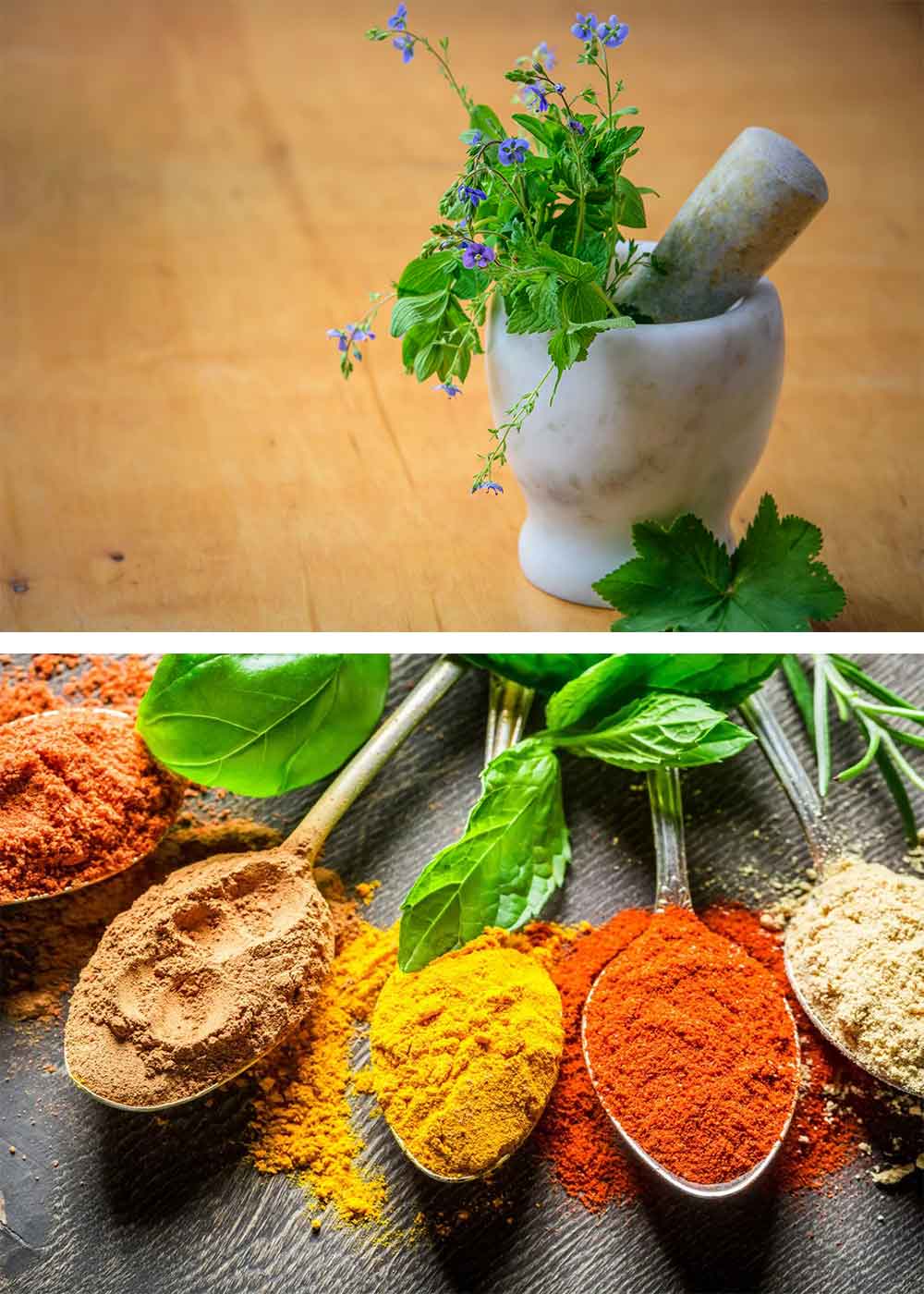
Herbal medicines: any medicinal product, exclusively containing as active ingredients one or more herbal substances or one or more herbal preparations, or one or more such herbal substances in combination with one or more such herbal preparations.
According to a World Health Organization (WHO) report, around 80% of the world’s population relies on traditional herbal medicines, largely based on plants. So, equal importance is given to the safety of these herbs as it is given to other foods.
Zi-7 Laboratory is ISO 17025:2017 accredited for the determination of multi residues of pesticides (more than 400 pesticides) in herbal medicines using LC/MS/MS and GC/MS/MS. The detection of multi-pesticide residues in medicinal herbs may be due to the cross-contamination from the cultivation sites where pesticides are applied or during storage or transportation. So this service can help manufacturers with the proper selection of herbal substances and herbal preparations suppliers.
Zi-7 Laboratory using new trends in pesticides residue analysis in herbal medicines(QuEChERS) leading to the development of faster, cost-effective, and environmentally friendly procedures
It involves the medicinal use of plants to treat disease and enhance general health and well-being. Some herbs have potent (powerful) ingredients and should be taken with the same level of caution as pharmaceutical medications.
The development of drugs from plants continues, with drug companies engaged in large-scale pharmacologic screening of herbs.
The World's Most Popular Herbal Medicines are Ginseng, Ginkgo, Elderberry, Chamomile and Turmeric.
Ginger is a commonplace ingredient and herbal medicine.
Herbs are tested for Pesticide Residues, Heavy metals, Microbiology, Aflatoxin, Nitrate, Nitrite, and Protein %.
